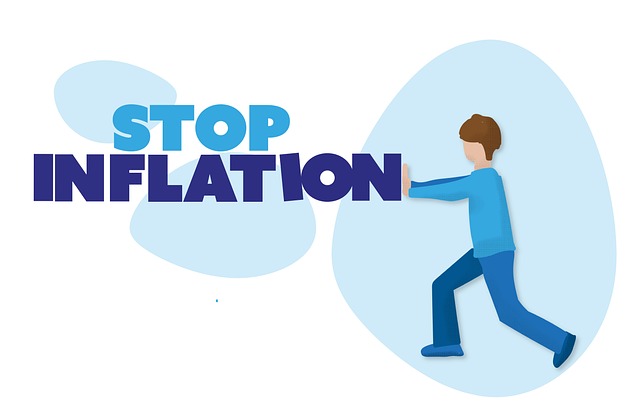The Devastating Link: Deforestation, Climate Change, and the Surge of Poverty
Across the globe, the alarming rate of deforestation poses serious threats not only to our precious ecosystems but also to the very fabric of human society. As forests vanish under the relentless pressure of industrial expansion and agricultural demands, we witness an unfortunate consequence—the increase of poverty. This connection between the environment and socio-economic conditions is both complex and tragic.
The forest, often referred to as the lungs of the Earth,” plays a vital role in maintaining our climate. Trees absorb carbon dioxide and release oxygen, helping to regulate temperatures and combat climate change. However, when trees are cut down or burned, an enormous amount of carbon is released into the atmosphere. This contributes to global warming, resulting in erratic weather patterns, rising sea levels, and increasing natural disasters. The repercussions are felt more acutely in vulnerable populations, many of whom depend on forests for their livelihoods.
As climate change accelerates, traditional farming methods falter, exacerbating food insecurity. Communities that once thrived on agriculture find themselves grappling with failed crops and dwindling resources. This agricultural decline directly correlates with the increase of poverty, forcing families into a cycle of deprivation. When the environment deteriorates, it disproportionately affects the poorest, who lack the means to adapt or recover from these shifts.
Moreover, the loss of forests doesn’t just impact those living in close proximity; it reverberates through local and global economies. Forests provide countless resources, from timber to medicines. As deforestation reduces these resources, job opportunities vanish, leaving communities struggling to make ends meet. This economic strain only deepens the systemic inequalities, further entrenching the increase of poverty.
In light of these challenges, we must reconsider how we engage with our planet. Sustainable practices in agriculture, reforestation efforts, and policies aimed at climate resilience can help reverse some damage. Even small actions, like supporting local farmers and choosing sustainable products, can contribute to a larger movement toward environmental justice.
Deforestation is not merely an environmental issue; it is a human issue that intertwines with poverty, health, and equity. As we address the urgent call for action against climate change, understanding this devastating link is essential for the survival of both our planet and its people.




